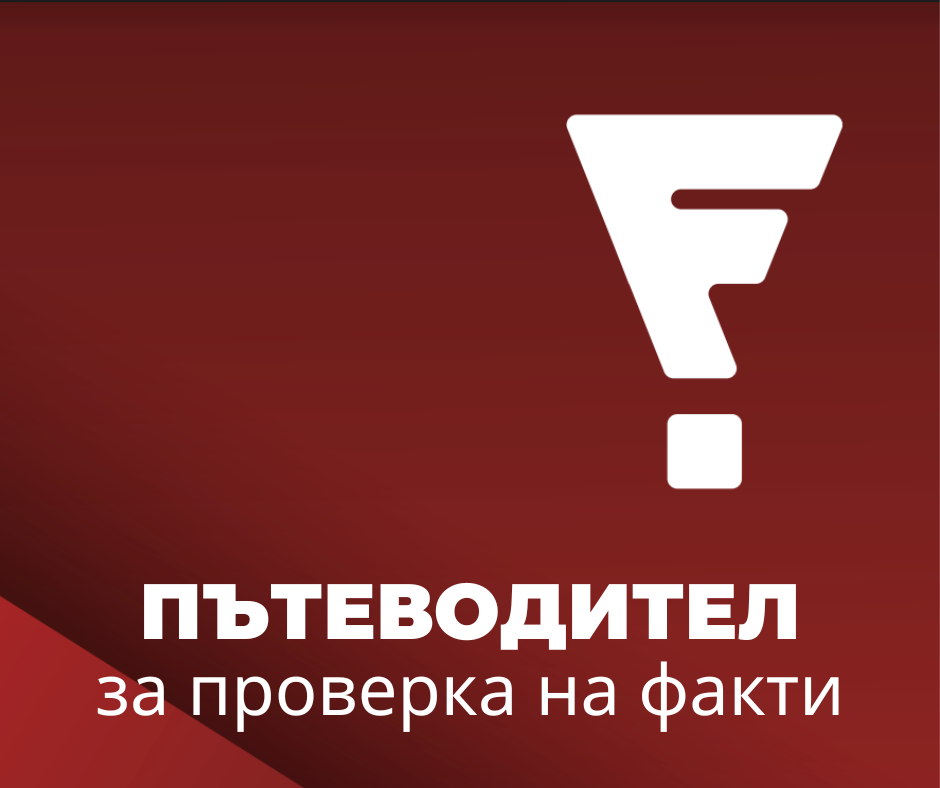By FactCheck.bg
The Guide was developed in consultation with the Poynter Institute for Media Studies
How do we select the claims we check? What sources do we use in our fact-checking? How do we turn a fact-check into a media story? How do we broaden and engage our audience through social media?
The answers to all those questions and many more can be found in the new and updated Fact-Checking Guide created by Factcheck.bg in consultation with the Poynter Institute for Media Studies. It was written by Georgi Marchev and Nikola Tulechki, and edited by Ralitsa Kovacheva, all of whom are Factcheck.bg team members. The guide is meant to serve journalists, researchers and students checking, debunking or studying disinformation and other kinds of malicious content. The publication presents a step-by-step fact-checking methodology approved by the International Fact-Checking Network and used by all its members.
An accent is placed on digital instruments used in fact-checking. The functionalities of the most useful instruments are presented in a clear and user-friendly way, allowing the user to check website ownership, analyse photo and video content, find geographical data, check and analyse social media content.
The guide introduces the most wide-spread Russian narratives about the war in Ukraine.
Download the digital edition of Fact-Checking Guide 2023 here.
By FactCheck.bg
This guide was created in the framework of the project “Boosting the fact-checking community in Bulgaria” implemented by Factcheck.bg, initiative of the AEJ-Bulgaria, with the financial support of the U.S. Department of state and in partnership with Poynter Institute.





